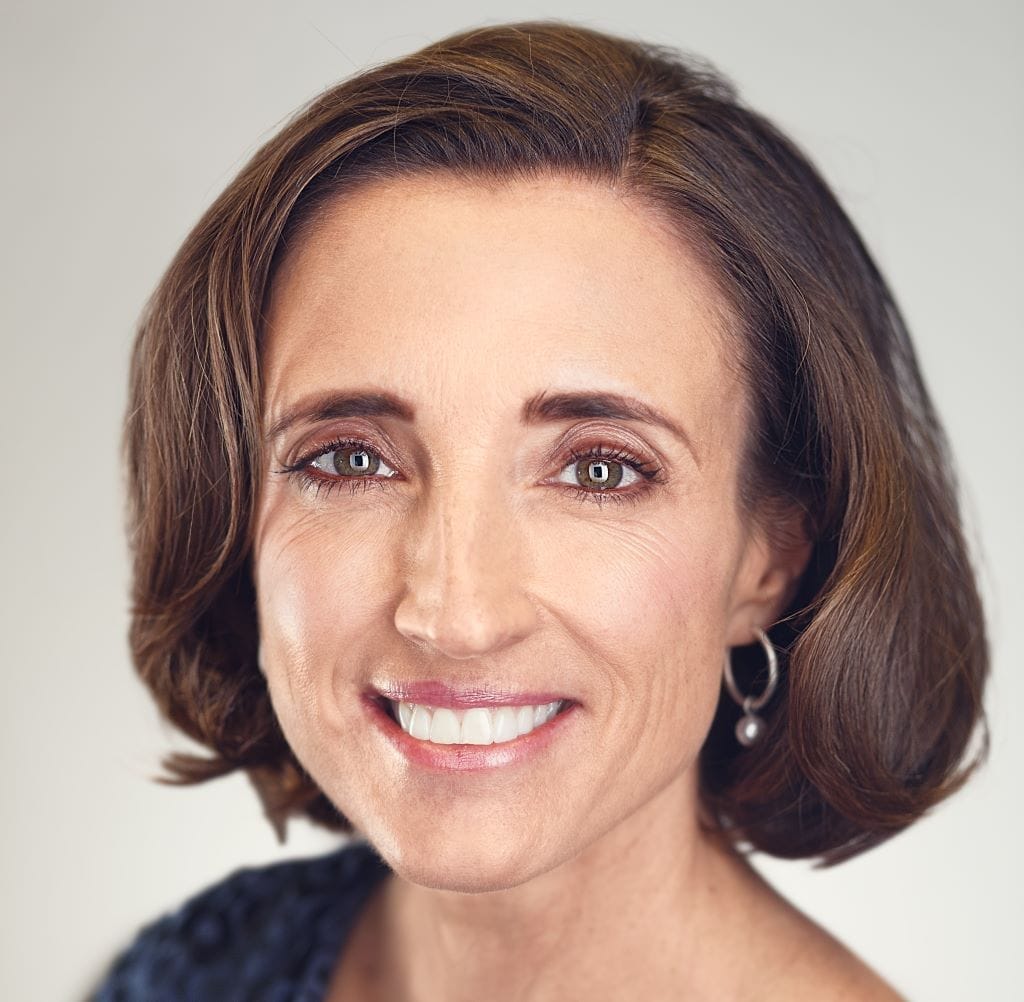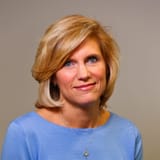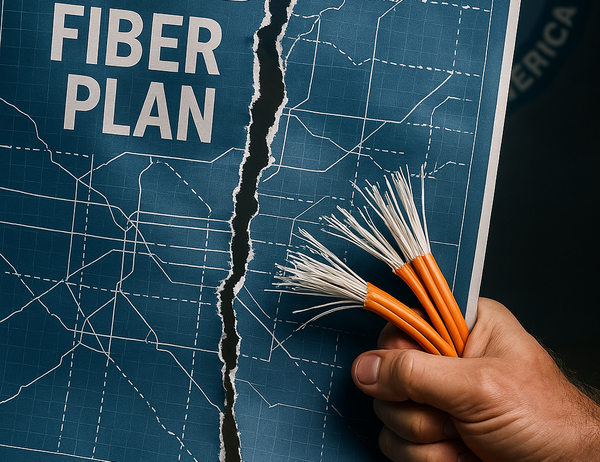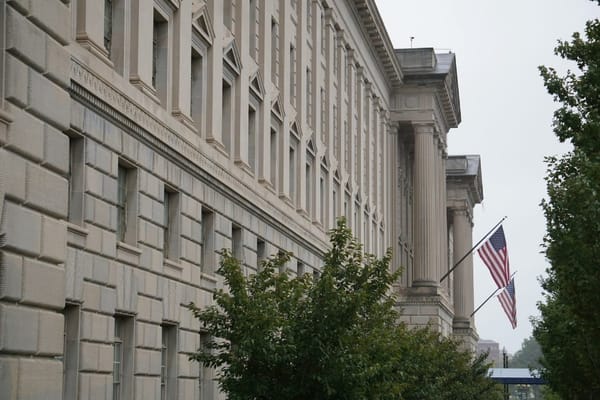Broadband Breakfast on June 4, 2025 – What Happens to USF When SCOTUS Rules?
Defenders of USF counter that the 1996 Telecom Act sets clear limits and that Universal Service Administrative Company's role is strictly ministerial.

In July 2024, the Fifth Circuit upended a $9 billion-a-year lifeline when it ruled that the Universal Service Fund’s funding mechanism is unconstitutional. Opponents say Congress gave the Federal Communications Commission and its nonprofit book-keeper Universal Service Administrative Company unchecked power to tax voice revenues. Defenders counter that the 1996 Telecom Act sets clear limits and that USAC’s role is strictly ministerial. At March 26 oral arguments, a majority of the justices—including Amy Coney Barrett, Brett Kavanaugh and even Samuel Alito — signaled unease with dismantling subsidies that keep classrooms connected and low-income households on the grid. What happens to USF when SCOTUS rules – and who will write the next check, and the next chapter of the USF?
Panelists
- Andrew Jay Schwartzman, Senior Counselor, Benton Institute for Broadband & Society
- Roslyn Layton, Senior Vice President, Strand Consult
- Lynn Follansbee, Vice President, Strategic Initiatives & Partnerships, USTelecom – The Broadband Association
- Jason Neal, Partner, HWG LLP
- Nicholas Degani, Chief Strategist, Digital Progress Institute
- Drew Clark (moderator), CEO and Publisher, Broadband Breakfast
Panelist Resources






Andrew Jay Schwartzman is Senior Counselor to the Benton Institute for Broadband & Society. Prior to joining Benton, he practiced public interest media and teleommunications law for more than 50 years at the Media Access Project (where he was President and CEO) and at Georgetown University Law Center’s tech law clinic.
Roslyn Layton, PhD has published many reports and analyses on universal service fund reform. She serves as Executive Vice President of Strand Consult and Visiting Researcher at Aalborg University’s Centre for Communication, Media and Information Technologies in Copenhagen, Denmark. She leads Strand Consult’s Global Project for Broadband Cost Recovery which chronicles the policy to enable financial sustainability and affordability for the world’s broadband networks. Roslyn has served on the Program Committees of the International Telecommunications Society and the Telecom Policy Research Conference.
B. Lynn Follansbee is the Vice President, Strategic Initiatives & Partnerships for USTelecom. She leads the association’s efforts on state and third party engagement on policy issues impacting the broadband industry. She has also served as Vice President, Policy & Advocacy at USTelecom where she provided policy analysis and legal and regulatory support on a range of issues including broadband, universal service, telecom deregulation, privacy, and consumer protection. Lynn also represents USTelecom and its members before the Federal Communications Commission, the Federal Trade Commission and other federal agencies.
Jason Neal is a partner at HWG LLP, where he practices telecommunications, appellate, and energy law. Jason represents and advises clients on numerous telecom issues, with a significant focus on wireless spectrum proceedings and Universal Service. Jason’s appellate practice includes representing parties challenging adverse FCC decisions, as well as representing parties intervening to support the FCC in litigation. He graduated from Harvard Law School, where he served as a Supreme Court Chair for the Harvard Law Review.
Nicholas Degani co-founded and serves as the Chief Strategist at the Digital Progress Institute, which advocates for bipartisan, incremental change to bridge the tech/telecom policy divide. He spent more than 13 years at the Federal Communications Commission, where he served as Senior Counsel to FCC Chairman Ajit Pai for four years. He graduated from Harvard Law School and has a bachelors degree in electrical engineering/computer science from Yale University.
Breakfast Media LLC CEO Drew Clark has led the Broadband Breakfast community since 2008. An early proponent of better broadband, better lives, he initially founded the Broadband Census crowdsourcing tool to collect and verify broadband data left unpublished by the Federal Communications Commission. As CEO and Publisher, Clark presides over the leading media community advocating for higher-capacity internet everywhere through topical, timely and intelligent coverage. Clark also served as head of the Partnership for a Connected Illinois, a state broadband initiative.















